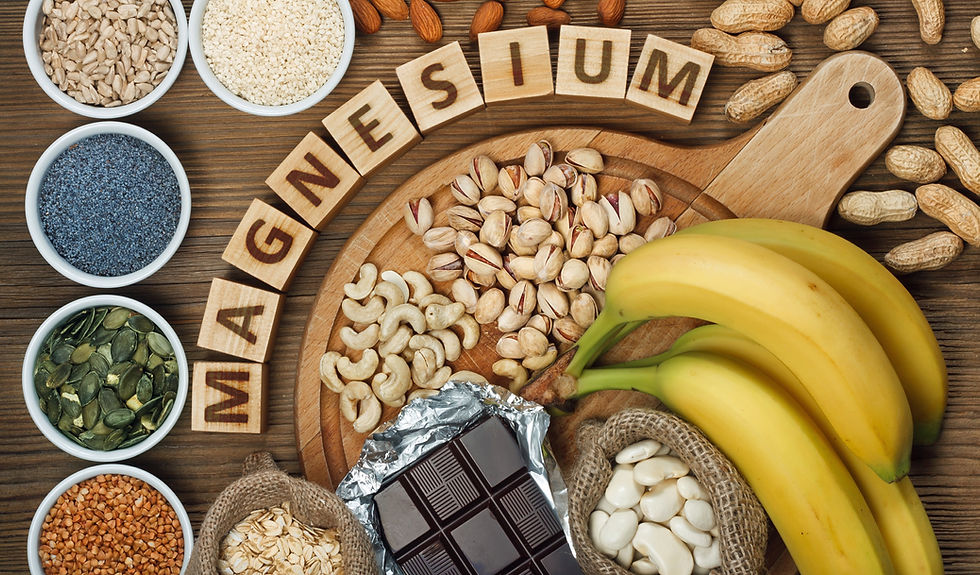Holiday Tummy Overload? Bitters can help!
- info848287
- Dec 27, 2023
- 2 min read

The holiday season is here – time for cookies, chocolates, cheese balls and other rich and delicious treats. Do you find yourself more bloated, overfull, bilious and sleepy after such overindulgences? The holidays are a good time to try bitter tonic herbs for some relief!
Bitter herbs have been used for their health benefits for centuries, in many diverse cultures. If you are Italian, you may use a shot of Campari, if you are Scandinavian, it may be a spoonful of Swedish bitters before or after a meal. But wherever you live, you are likely to find a history of use of bitter herbs being taken before meals. It seems these plants have been almost universally recognized as being good for us, because they improve appetite and prepare your body for better digestion.
We now know that bitters stimulate the production of stomach acids, increase bile flow and aid the liver’s important detox work. Bitters also stimulate gut self-repair mechanisms and assist in the absorption of vitamin B12 and other nutrients.
The bitter taste triggers a sensory response in the central nervous system, which sends a message to the entire gut to release digestive hormones and begin the coordinated muscular movements of the gut called peristalsis. This is why our morning coffee, which is in fact a frequently used bitter herbal decoction (!), often stimulates a cascade of events leading to a morning bowel movement. This is a great example of how a small stimulus (the bitter taste) can lead to a complex series of natural body responses.
Here are some bitter herbs commonly used in Europe and North America:
Dandelion
Oregon grape
Gentian
Milk thistle
Angelica
Chicory
Wormwood
Quassia
Artichoke
Chamomile
Hops
Elderflower
There are some famous bitter drinks such as Campari, Chartreuse and Jagermeister, which are proprietary recipes of up to 130 herbs. You can also find healthful herbal tinctures, made up of mixes of bitter stimulant herbs, such as in the list above, at your local health food store.
Bitters are best taken in an alcohol base to be quickly absorbed for a faster effect. A little alcohol is also stimulating to stomach acids. This is why aperitifs are often consumed before a meal. If you cannot tolerate alcohol, you can take these herbs as teas: dandelion root is often taken as a bitter herbal tea. Herbal bitters in capsules are less effective, because you do not taste the bitter herb by this route.
One effective, cheap, single bitter herb is gentian root. It is one of the most bitter substances known, and we often recommend it to perk up sluggish digestion. If you want to use it, put 2-3 drops in a little water and take it in small sips. You need to taste the bitterness to stimulate the desired effect.
Bitter tonic herbs are great to help digestion during the festive season, and many people do well with them all year round!
Bitter herbs don’t just stimulate the appetite, but are also used for detoxification. It’s not a good idea to do a prolonged deep detox in winter, despite what the media may tell you on January 1st: Spring is the best time for that!




Comments